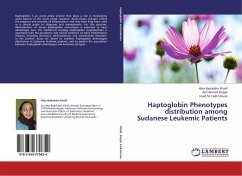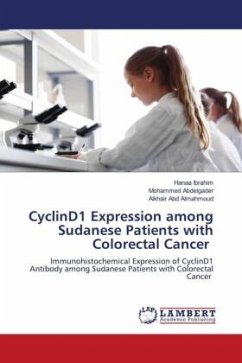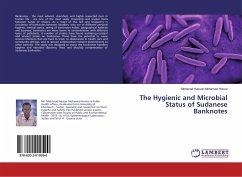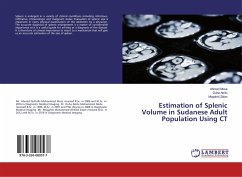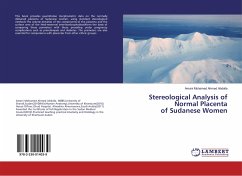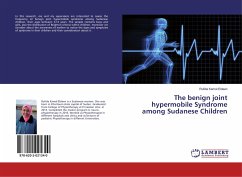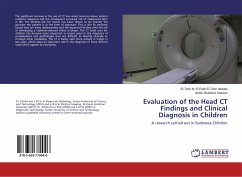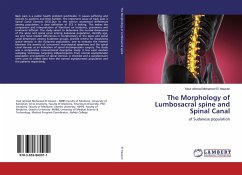Haptoglobin is an acute phase protein that plays a role in modulating many aspects of the acute phase response. Acute-phase changes reflect the presence and intensity of inflammation, and they have long been used as a clinical guide to diagnosis and management. For this purpose, determination of serum haptoglobin phenotypes is expected to have advantages over the traditional strategy. Haptoglobin polymorphism is associated with the prevalence and clinical evolution of many inflammatory diseases, including infections, atherosclerosis, and autoimmune disorders. In the present study we aimed to examine haptoglobin phenotypes distribution in Sudanese leukemic patients, and to explore the association between haptoglobin phenotypes and leukemia subtypes.
Bitte wählen Sie Ihr Anliegen aus.
Rechnungen
Retourenschein anfordern
Bestellstatus
Storno

